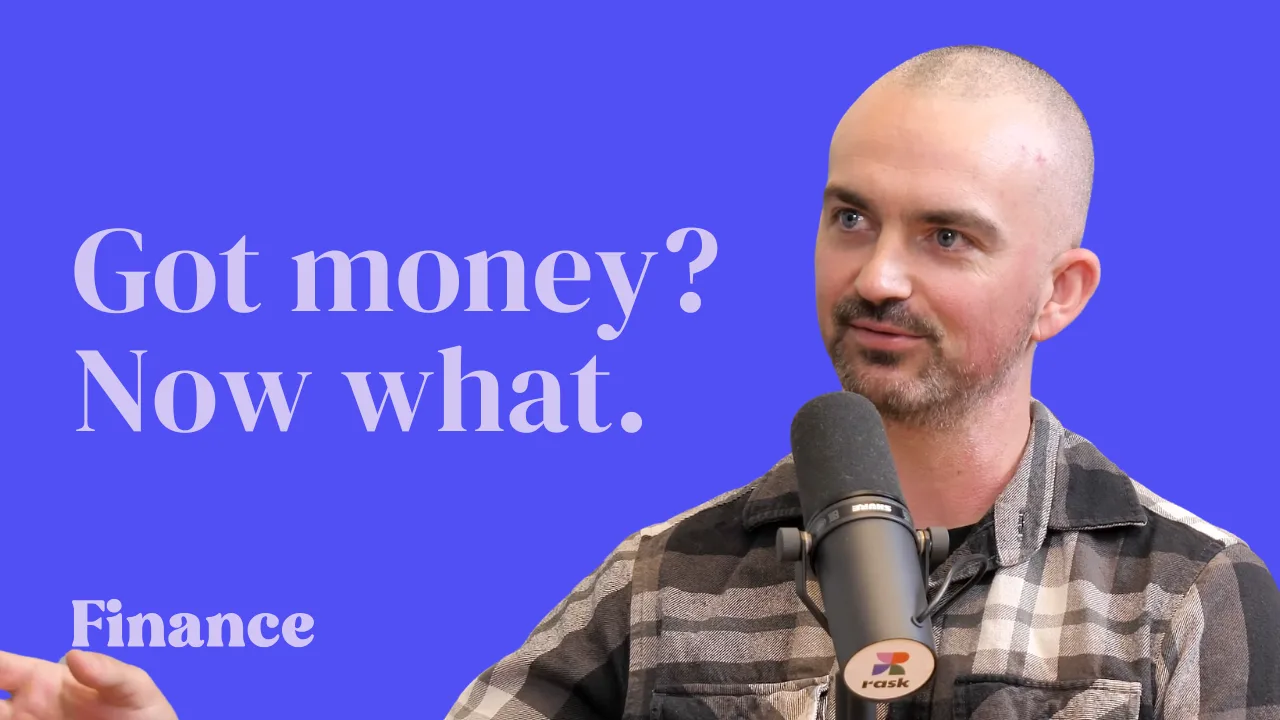The ETFS Euro STOXX 50 ETF (ASX: ESTX) can provide both capital growth and dividends to your portfolio. Is this an ETF worth buying?
About ETFs
Australian exchange-traded funds, or ASX ETFs
, are investment funds that are listed on a securities exchange and provide exposure to a range of shares or assets with a single purchase. The video below explains ETFs in more detail.
ETFS Euro STOXX 50
The ETFS Euro STOXX 50 ETF is an index-tracking ETF that aims to match the performance of the EURO STOXX 50 Index, which covers 50 companies from 12 Eurozone countries.
The ETF aims to achieve this performance by investing in a portfolio of 51 blue-chip “supersector” leaders, or large blue-chips, from countries throughout Europe.
Many of the companies in the portfolio would not be familiar to most Australian readers, but there are a few household names such as Unilever Group NV (AS: UNA) and Siemens Ag-Reg (LSE: SIED).
Around 40% of the companies are based in France and another 26.7% are based in Germany, while Spain and the Netherlands make up more than 5% each.
Funds are spread fairly evenly across sectors, with financials receiving the highest weighting of 15.5%, followed by consumer discretionary, industrials and consumer staples.
Over the last three years, the ESTX ETF has returned 10.65% per year, actually slightly outperforming the benchmark return of 10.57% per year. Over the last year, returns were 8.36%.
ESTX also pays semi-annual dividends and currently offers a trailing yield of 2.88%.
Fees And Risks
The ESTX ETF is low cost, charging a 0.35% per year management fee. In terms of risks, the ETF is relatively small, with a market capitalisation of around $50 million. However, the fact that the ETF invests in large blue-chips means that liquidity is high.
A portfolio of 51 companies could also be considered somewhat concentrated compared to an ETF tracking the ASX 200 or the S&P 500. It’s also important to note that the ESTX ETF is unhedged, meaning investors are exposed to movements in the euro against the Australian dollar (AUD/EUR). Of course, this could either boost returns or lower them depending on the movements.
My Take
The ESTX ETF seems like it could be an interesting addition to a balanced portfolio, providing low-cost exposure to blue-chip European countries. The main risks to consider would be the exchange rate movements and the size of the ETF.
For our number one ETF pick, check out the free report below.
[ls_content_block id=”14948″ para=”paragraphs”]
Disclosure: At the time of writing, Max does not own shares in any of the companies mentioned.










